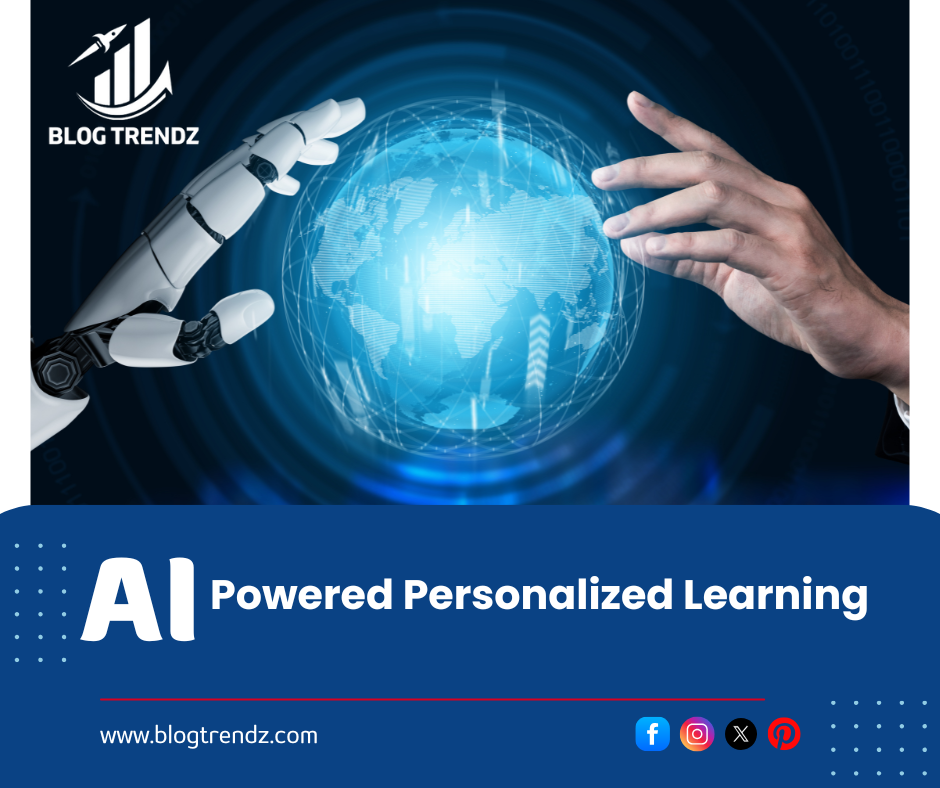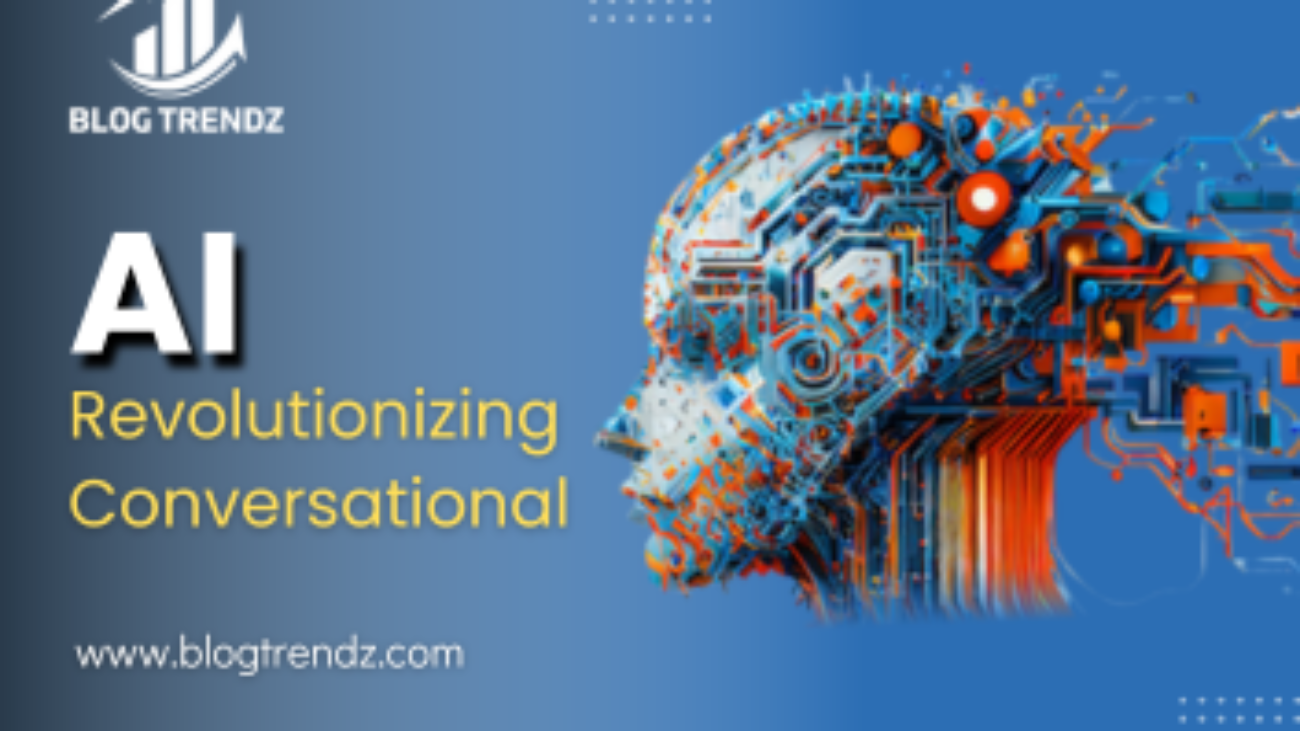AI-Powered Personalized Learning: Revolutionizing Education
Introduction
Education has always been evolving, but the integration of Artificial Intelligence (AI) is taking it to a whole new level. AI-powered personalized learning is transforming traditional teaching methods, making education more accessible, adaptive, and engaging for students of all ages. This blog explores how AI is revolutionizing learning, its benefits, challenges, and future prospects.
What is AI-Powered Personalized Learning?
AI-powered personalized learning refers to the use of artificial intelligence to tailor educational content and teaching strategies based on an individual student’s needs, strengths, and weaknesses. Unlike the traditional one-size-fits-all approach, AI-driven learning adapts dynamically to each student’s progress, ensuring a more effective and engaging experience.
How AI is Transforming Personalized Learning
1. Adaptive Learning Platforms
AI-driven platforms, such as Coursera, Udemy, and Duolingo, analyze student performance in real-time and adjust the difficulty level accordingly. These platforms ensure that learners receive content suited to their understanding, preventing frustration and enhancing motivation.
2. AI-Powered Tutors and Chatbots
Virtual AI tutors, like Google’s Socratic and IBM’s Watson Tutor, provide 24/7 assistance to students. These tutors answer queries, explain concepts, and even offer practice exercises tailored to a student’s progress, reducing dependency on human instructors.
3. Smart Content Creation
AI enables the development of customized learning materials, such as interactive textbooks, quizzes, and simulations. Tools like ScribeSense and Knewton generate tailored content that aligns with students’ learning patterns, making education more engaging.
4. Data-Driven Insights for Educators
AI collects and analyzes student data to provide educators with insights into each student’s performance. This helps teachers identify struggling students, recommend personalized study plans, and improve overall teaching effectiveness.
5. Gamification and Immersive Learning
AI integrates gamification elements into learning through VR (Virtual Reality) and AR (Augmented Reality). Platforms like Google Expeditions and Kahoot use AI-driven simulations and interactive lessons to make learning fun and effective.
Benefits of AI-Powered Personalized Learning
✅ Enhanced Learning Experience
AI adapts to each student’s learning pace, ensuring they grasp concepts thoroughly before moving forward.
✅ Increased Accessibility
AI-powered education is accessible to students worldwide, including those with disabilities, through speech-to-text, translation, and voice recognition features.
✅ Time Efficiency
AI eliminates redundant learning by focusing on areas that require improvement, making study sessions more productive.
✅ Cost-Effective Solutions
AI reduces the need for expensive private tutors and in-person coaching, making quality education more affordable.
✅ Data-Driven Decision Making
Teachers and institutions can leverage AI analytics to track student progress and improve their teaching strategies.
Challenges of AI in Personalized Learning
While AI-powered education is promising, it also comes with challenges:
❌ Privacy Concerns
AI relies on vast amounts of student data, raising concerns about data security and privacy.
❌ Limited Human Interaction
Excessive reliance on AI can reduce human interaction, which is crucial for social and emotional learning.
❌ High Implementation Costs
Developing and integrating AI-based learning platforms can be expensive for educational institutions.
❌ Dependence on Technology
Not all students have access to high-speed internet and AI-powered devices, creating a digital divide.
The Future of AI-Powered Personalized Learning
The future of AI in education is bright, with advancements in:
- AI-driven virtual classrooms offering real-time feedback and interactive learning.
- Voice-enabled AI tutors making learning accessible for visually impaired students.
- Blockchain for education ensuring secure certification and academic record management.
- Neural learning models predicting student outcomes and enhancing personalized education.

Conclusion
AI-powered personalized learning is revolutionizing the education system by making learning more adaptive, engaging, and efficient. While challenges exist, the benefits far outweigh the drawbacks, paving the way for a more intelligent and inclusive learning experience. As AI technology continues to evolve, the future of education looks brighter than ever.


Add a Comment